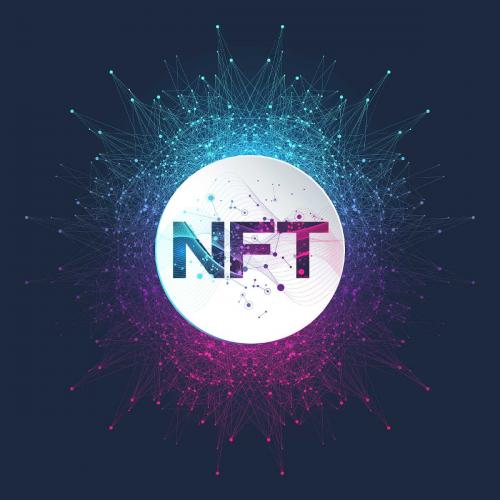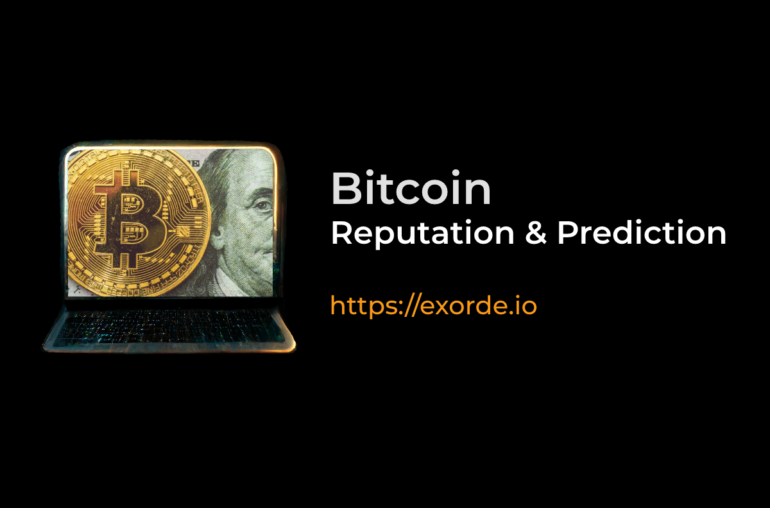With a market capitalization forecast of over $35 billion for 2022, there is no question that non-fungible tokens (NFTs) are hugely popular. Despite this, the intellectual property rubric underlying these NFT offerings are inconsistent, confusing, and in many cases in conflict with applicable law. These issues apparently came to the attention of Senator Thom Tillis of North Carolina and Senator Patrick Leahy of Vermont, who, in a June 9, 2022 letter (as per their roles as the Ranking Member and Chairman of the Judiciary Subcommittee on Intellectual Property), requested that the USPTO and the Copyright Office undertake a joint study that addresses a number of IP legal issues around NFTs. Citing those roles and their broader interest in the “continued development and use of emerging technologies,” the Senators requested that the study address the following non-exclusive list of questions:
What are the current applications of NFTs and their respective IP and IP-related challenges?
What potential future applications of NFTs do you foresee and what are their respective potential IP challenges?
For current and potential future applications of NFTs:
How do transfers of rights apply? How does the transfer of an NFT impact the IP rights in the associated asset?
How do licensing rights apply? Can and how can IP rights in the associated asset be licensed in an NFT context?
In what way does infringement apply? What is the potential infringement analysis where an NFT is associated with an asset covered by third party IP? Or where the underlying asset associated with an NFT is owned by the NFT creator and infringed by another?
What intellectual property protection can be afforded? What IP protection can be afforded to the NFT creator? What if the NFT creator is a different person or entity from the creator of the associated asset?
How else does 17 U.S.C. § 106 apply?
What are current and potential future uses, internal and external to your agencies, for using NFTs to secure and manage IP rights?
How do current statutory protections for copyright, such as the DMCA, apply to NFT marketplaces and are those protections adequate to address current infringement concerns?
We have been considering many of these issues for our clients. We have also shared some concrete examples of these intellectual property-related issues on this blog. For example, our post about the StockX litigation explored how and whether the trademark doctrines of first sale and nominative fair use apply to NFTs that depict physical goods protected by trademarks. In that same post, we outlined many unanswered IP-related questions central to that case that necessarily reflect the core of the proposed questions for the study, such as to what degree does ownership of the NFT convey benefits or costs beyond or separate from those associated with ownership of the physical good?
In another recent post discussing the applicability of the DMCA to the NFT marketplace, we noted that the Copyright Office issued a report in 2020 that called the DMCA’s notice-and-takedown system “unbalanced” and suggested ways in which Congress could amend the existing regime. Our post discussed in detail the nuances of a DMCA takedown of an NFT stored on the server-based internet versus stored using an alternative to traditional location addressing (i.e., linking) called “content addressing.” One additional post on this blog brought up multiple issues surrounding NFTs and the DMCA, including, among other things, to what extent can an NFT minter that owns the copyright in the content associated the NFT issue a valid DMCA takedown notice to an NFT marketplace operator requesting that the NFT be delisted, if the NFT was distributed without an express content license grant to the recipient. In any study the Copyright Office releases that addresses the adequacy of the DMCA takedown regime to handle of the presence of infringing content on NFT marketplaces, it may well address these issues.
The Senators requested that the USPTO and US Copyright Office respond to this request by July 9, 2022. If the agencies choose to undertake the study, the Senators requested it be completed by July 2023. However, given the pace of innovation in the NFT and crypto space, and the current crop of active litigations concerning IP issues and NFTs, there may be market-driven answers to many of these questions, even before the study is published. And, of course, as technology, creativity and business models continue to evolve at an incredibly rapid pace, there will likely be new issues to consider.
Caroline Rimmer, Proskauer Rose Summer Associate, authored this post.
About this Author
Our Blockchain Group leverages the Firm’s cross-industry expertise to help our clients harness blockchain’s potential and take advantage of this emerging business technology.
Because of our deep experience advising clients on the use of new and emerging technologies, we have the practical acumen to handle the technical and legal issues arising from smart contracts, cryptocurrencies and other blockchain-based applications. We anticipate how regulators,…

You are responsible for reading, understanding and agreeing to the National Law Review’s (NLR’s) and the National Law Forum LLC’s Terms of Use and Privacy Policy before using the National Law Review website. The National Law Review is a free to use, no-log in database of legal and business articles. The content and links on www.NatLawReview.com are intended for general information purposes only. Any legal analysis, legislative updates or other content and links should not be construed as legal or professional advice or a substitute for such advice. No attorney-client or confidential relationship is formed by the transmission of information between you and the National Law Review website or any of the law firms, attorneys or other professionals or organizations who include content on the National Law Review website. If you require legal or professional advice, kindly contact an attorney or other suitable professional advisor.
Some states have laws and ethical rules regarding solicitation and advertisement practices by attorneys and/or other professionals. The National Law Review is not a law firm nor is www.NatLawReview.com intended to be a referral service for attorneys and/or other professionals. The NLR does not wish, nor does it intend, to solicit the business of anyone or to refer anyone to an attorney or other professional. NLR does not answer legal questions nor will we refer you to an attorney or other professional if you request such information from us.
Under certain state laws the following statements may be required on this website and we have included them in order to be in full compliance with these rules. The choice of a lawyer or other professional is an important decision and should not be based solely upon advertisements. Attorney Advertising Notice: Prior results do not guarantee a similar outcome. Statement in compliance with Texas Rules of Professional Conduct. Unless otherwise noted, attorneys are not certified by the Texas Board of Legal Specialization, nor can NLR attest to the accuracy of any notation of Legal Specialization or other Professional Credentials.
The National Law Review – National Law Forum LLC 3 Grant Square #141 Hinsdale, IL 60521 Telephone (708) 357-3317 or toll free (877) 357-3317. If you would ike to contact us via email please click here.


